Business Finance Global LLC provides consulting and advisory services to small and mid-sized businesses in Sub-Saharan Africa, looking for debt or equity financing in the following sectors: Renewable energy, Agribusiness, Trade finance, Project finance, and Financial Institutions. It also includes those that are looking for grant assistance in the following sectors, for example, research, education, NGOs, agriculture, healthcare, etc.
We source from 500+ providers in our database, consisting of domestic and international providers that offer financial instruments such as debt or equity, and foundations and government agencies that offer financial assistance, such as grants, as well as banks and non-bank financial institutions. We match applicants with a provider that can best serve their sector of interest.
Providers include private equity firms (PE) that focus on established companies in several sectors and traditionally provide equity financing, while increasingly providing debt financing alongside equity financing, offering structured loans and mezzanine financing to African businesses, particularly mid-sized companies.
Providers also include venture capital (VC) firms, which invest capital in private companies—primarily startups and early-stage businesses—in exchange for equity. These firms play a crucial role in funding innovation and growth across various industries.
In African countries, venture capital firms are investing in a wide range of sectors, including technology-enabled businesses such as fintech, e-commerce, health tech, and logistics, as well as traditional sectors like agriculture and renewable energy. They also focus on sectors critical to Africa’s economic development, including education technology (edtech), data analytics, and artificial intelligence (AI).
Our Sectors of Focus
Some of the beneficiaries of renewable energy financing in African countries include the following types of businesses, and financing may be country-specific in some cases:
(a) Developers of mini-grids, that is, small privately-owned and operated systems with generators of up to 10 megawatts (MW) capacity and a network that distributes power to several customers.
(b) Independent power producers, that is, privately-owned entities that generate and sell electricity to utilities and/or end users.
(c) Producers and distributors of energy-efficient clean-cooking stoves, which utilize clean fuels such as ethanol and technologies, instead of polluting fuel or inefficient equipment. This covers fuel and stoves, as well as fuel only (biomass, biogas, LPG, etc.).
(d) Manufacturers and distributors of stand-alone solar systems (off-grid), that is, household solar systems providing basic energy, typically used for lighting purposes. Solar home systems also include solar panels, battery, lighting, and solar device charging facilities. Larger systems include TVs, fans, and direct current refrigerators.


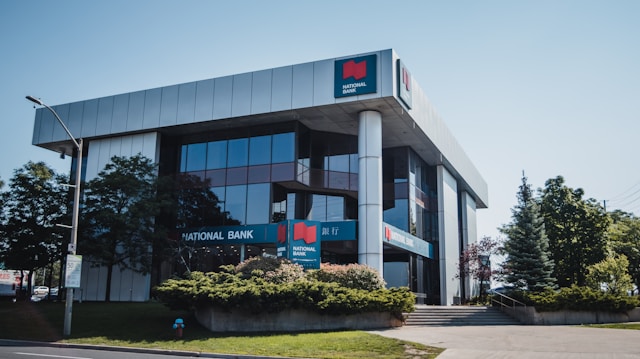
Our Sectors of Focus

Renewable Energy
Some of the beneficiaries of renewable energy financing in African countries include the following types of businesses, and financing may be country-specific in some cases:
(a) Developers of mini-grids, that is, small privately-owned and operated systems with generators of up to 10 megawatts (MW) capacity and a network that distributes power to several customers.
(b) Independent power producers, that is, privately-owned entities that generate and sell electricity to utilities and/or end users.
(c) Producers and distributors of energy-efficient clean-cooking stoves, which utilize clean fuels such as ethanol and technologies, instead of polluting fuel or inefficient equipment. This covers fuel and stoves, as well as fuel only (biomass, biogas, LPG, etc.).
(d) Manufacturers and distributors of stand-alone solar systems (off-grid), that is, household solar systems providing basic energy, typically used for lighting purposes. Solar home systems also include solar panels, battery, lighting, and solar device charging facilities. Larger systems include TVs, fans, and direct current refrigerators.

Agriculture and Agribusiness

Financial Institutions
How It Works
1. Registration
All applicants seeking funding must first register by completing the information on our Contact Us form. To submit your registration, please send us a message that includes the following information:
(a) Time in business
(b) Years of experience
(c) Sector of interest (e.g., agribusiness, renewable energy, financial institution, project finance—specify the type of project—or trade finance)
(d) If a financial institution, indicate whether you are a commercial bank or microfinance institution
(e) If involved in renewable energy, indicate whether you’re in off-grids (stand-alone solar systems), mini-grids, clean cooking, etc.
(f) If seeking trade finance, specify whether you are an importer or exporter of agricultural or non-agricultural finished products
(g) Indicate the type of financial instrument you are seeking: debt, equity, or financial assistance (e.g., grant)
(h) If requesting a grant, specify the area where the funds will be used (e.g., research, education, agriculture, healthcare)
2. Agreement to Pay Success Fee
Once registration is complete, all applicants for funding must sign an Agreement to Pay a Success Fee if they are seeking debt or equity financing and the funding is approved. This requirement does not apply to trade finance or grants.
If you are applying for trade finance and are approved, the lender will pay us—not you.
If you are applying for a grant, you will sign a Grant Approval Form instead of the Success Fee Agreement. However, this still obligates you to pay us if your grant is approved.
The signed agreement is a legal document and must be notarized by a Notary Public or an equivalent official authorized to perform such services in your country, and then returned to us.
3. Grant Approval Form
If you are applying for a grant, you will not be required to sign the Success Fee Agreement. Instead, you will be required to sign a Grant Approval Form, which serves as a promise-to-pay agreement for our services if the grant is secured.
This form has the same legal standing as the Success Fee Agreement and must be signed and notarized in the presence of a Notary Public or an equivalent provider in your country before returning it to us.
Payment Method:
All payments are made via PayPal on their global website. A payment link will be included in the agreement form, where clients can select their country and follow the instructions. The receiver’s details will also be provided in the form.
4. Consultation and Advisory Services
After completing your registration, you will receive a notification by email before consultation begins. Full payment is required prior to the consultation.
Once we receive your information and payment, we will begin the matching process, comparing your details with at least one provider that fits your needs.
During the consultation, we will:
Provide basic information about the financing you’re seeking
Share requirements and initial documents needed (e.g., pitch deck, business plan, audited financial statements, executive summary, proposal, etc.)
Inform you of application deadlines or, for grants, if they are offered on a rolling basis
You will be required to submit your documents to us for review. We will assess if your materials meet acceptable standards. If revisions or amendments are needed, we will advise you. Once finalized, your documents will be forwarded to the matching provider.
Note: You are responsible for submitting your documents directly to the provider—except for trade finance applications, where we will handle the submission on your behalf due to our established relationship with the provider.
5. Service Fees
Our service fees are split into two categories:
Consultation and Advisory Fee: $350.00, payable after registration and before the consultation begins
Success Fee: Payable only if you receive debt, equity, or grant funding
This fee is 0.3% of the amount funded
For grants, this is referred to as a Grant Approval Fee
Exemption from Success Fee
You are exempt from the Success Fee if you are applying for trade finance and are approved. In such cases, our partner provider pays us directly, and we believe it’s not ethical to charge clients twice.
6. Receive Detailed Information About Your Match
Once the consultation and advisory services are completed, we will send you details of at least one provider that matches your funding needs. This includes:
Name of the provider
Contact details
When and how to apply
Other useful information for your application
7. Permission to Follow Up on Your Submission
You will provide us with written permission to follow up on your application submission on your behalf. This allows us to check on the status of your application and provide updates when available.


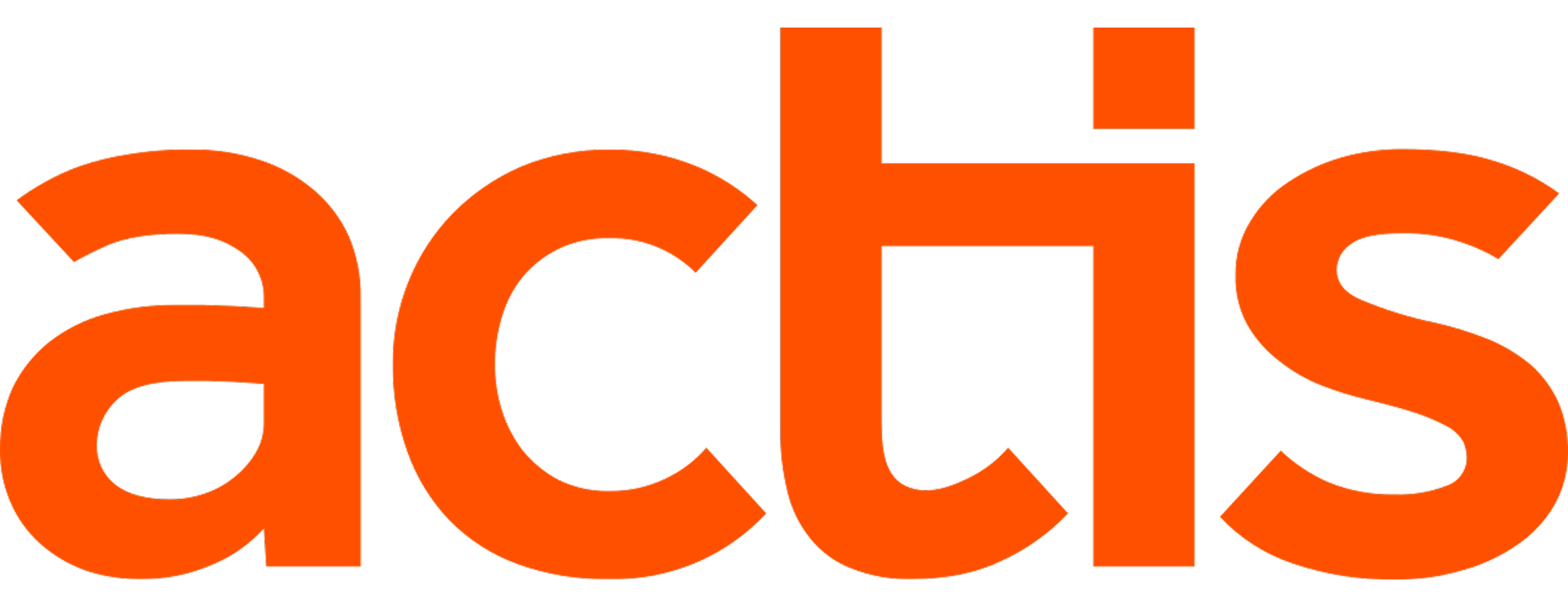


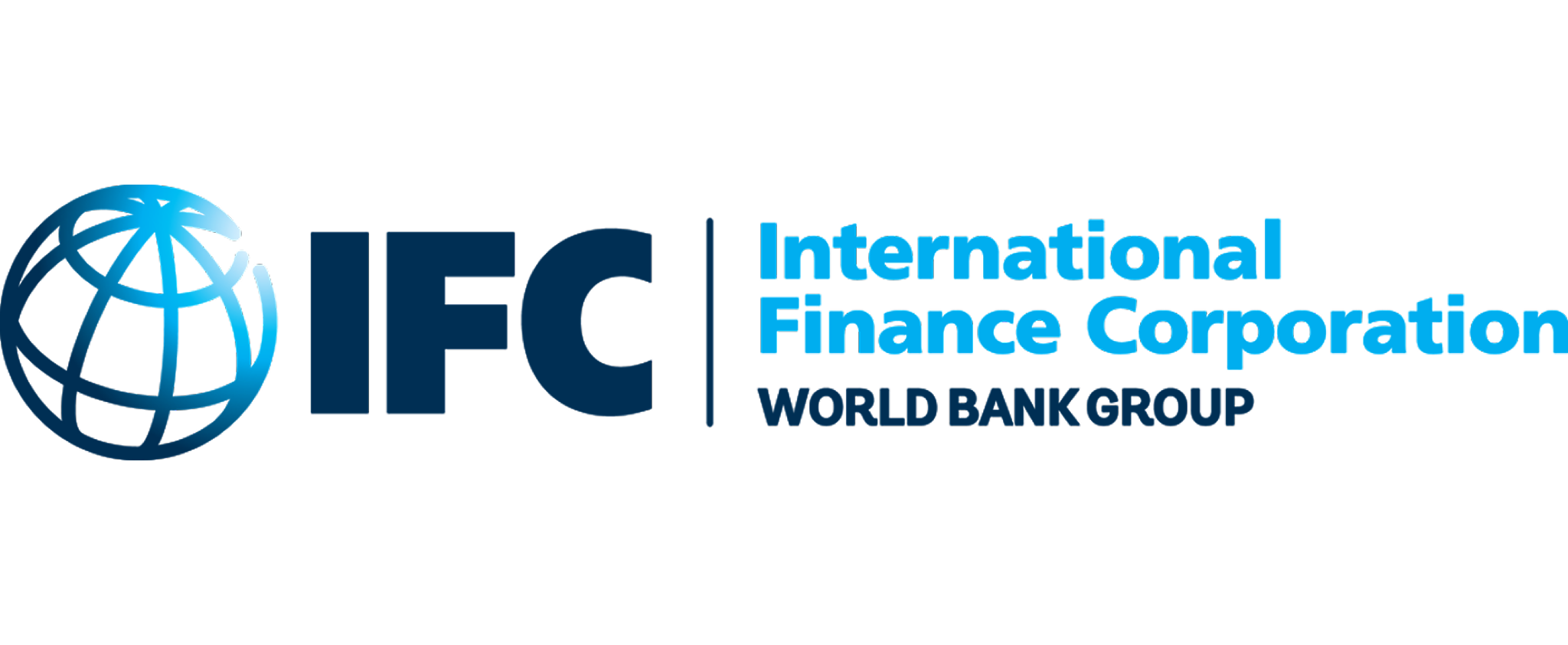
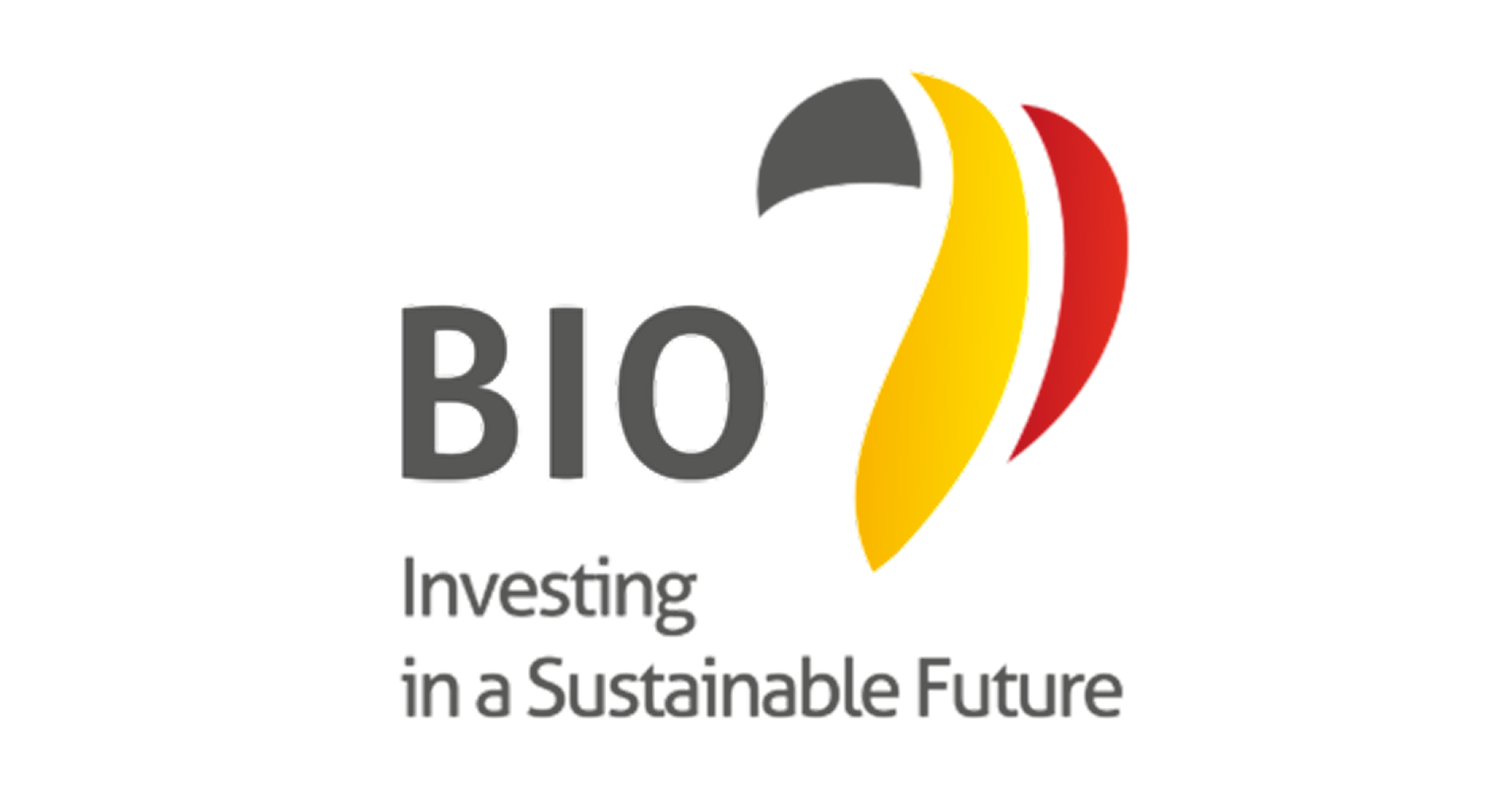

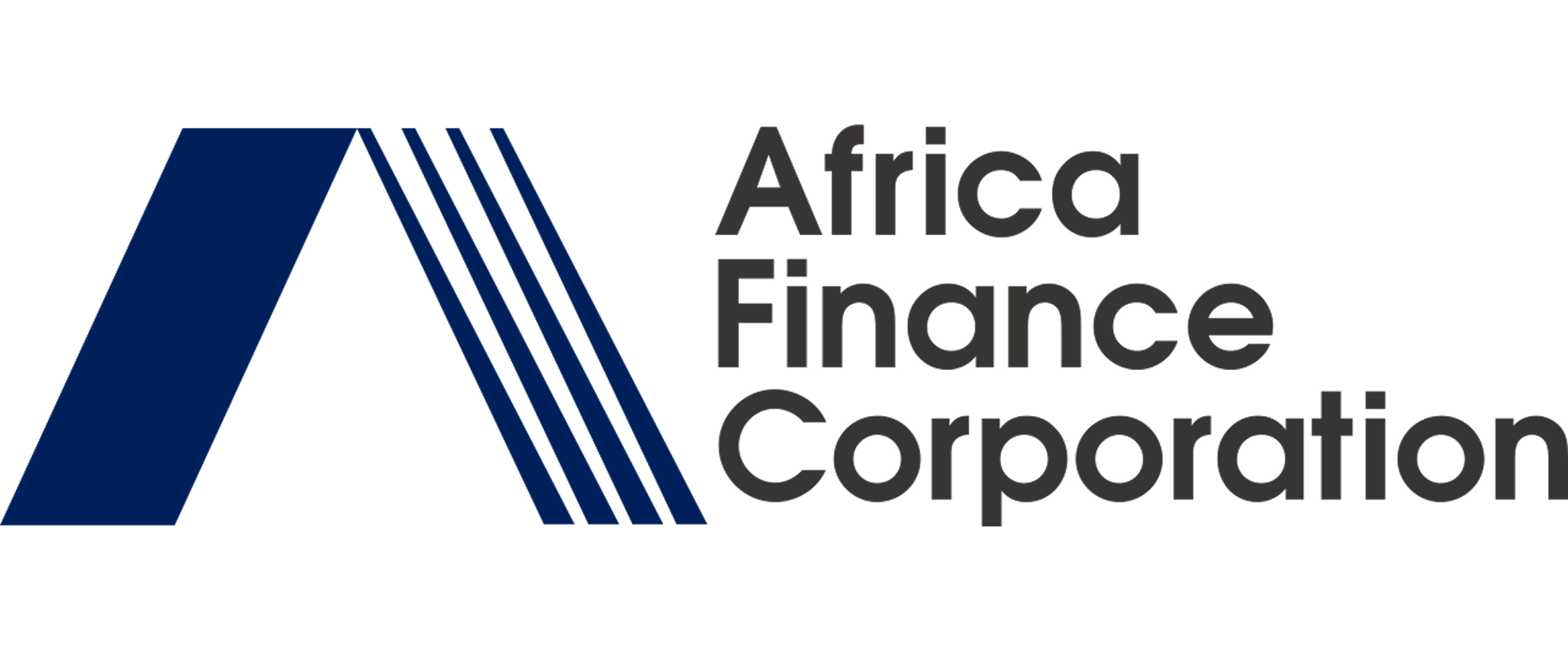

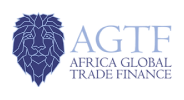



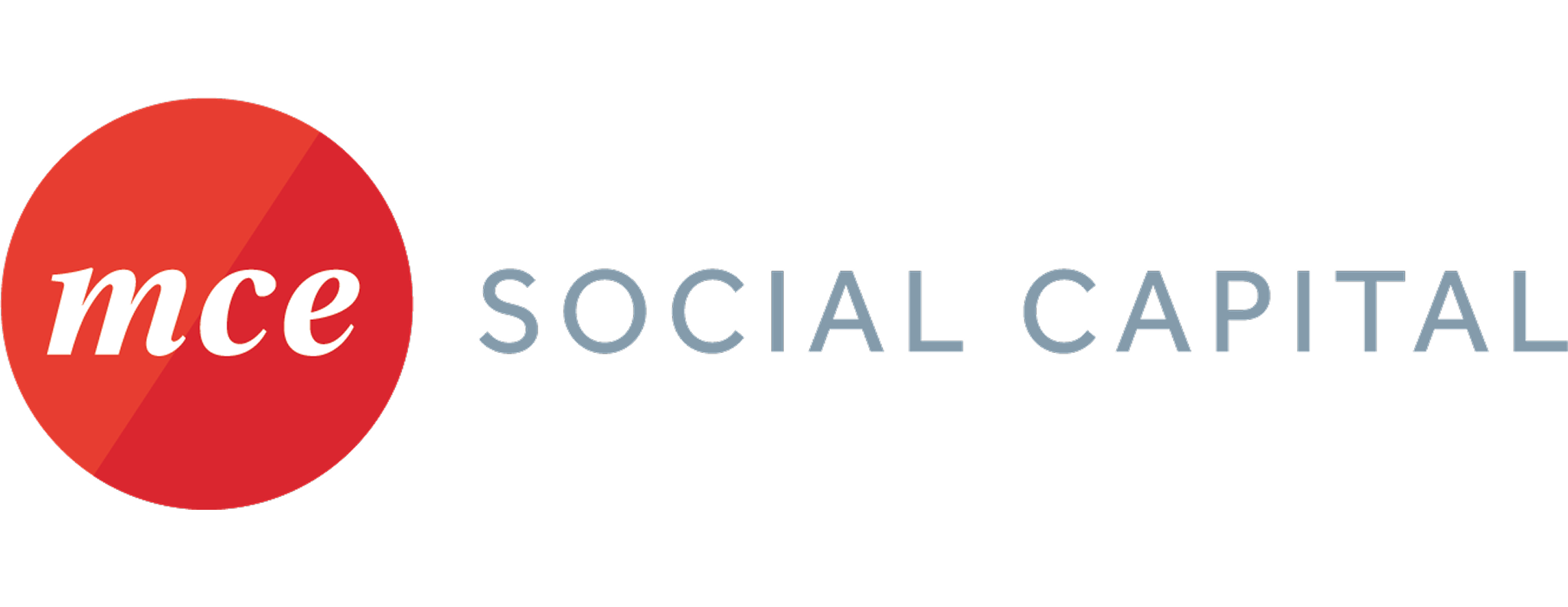
























Intelligent Office, Five Greentree Centre, 525 Route 73 North, Suite 104, Marlton, N.J. 08053, USA
Company
Quick Links
© 2024 Business Finance Global LLC